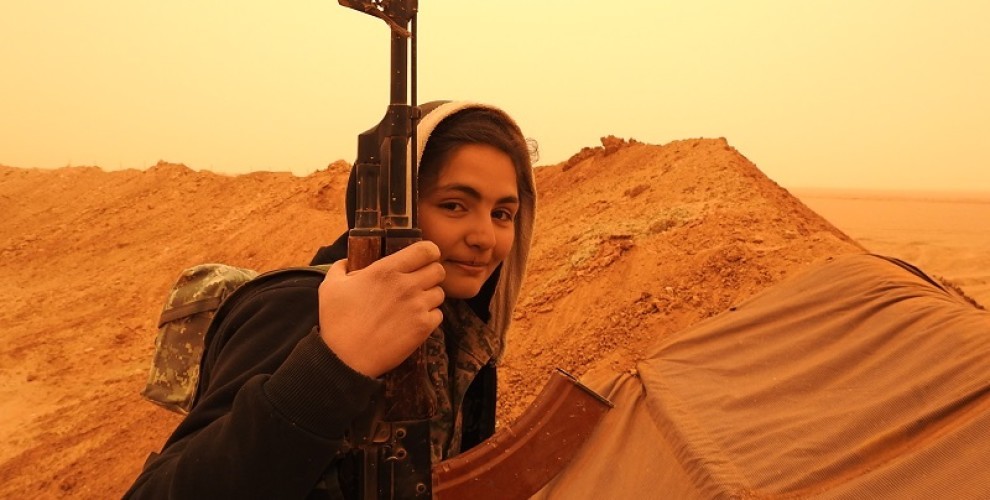Podcast: The countervortex of global resistance
Journalist Dan Young speaks with CounterVortex editor Bill Weinberg in an interview for Northern California's KNYO. They discuss the prospects for resisting the global vortex of ecological collapse, totalitarianism and permanent war—and supporting indigenous and autonomy struggles, popular democracy, and peace initiatives. Weinberg traces his own political evolution through the Cold War endgame of the Reagan era, the Lower East Side squatter scene, the Zapatista rebellion in Chiapas, 9-11 and the "Global War on Terrorism," to the Arab Revolution, the Syrian war and the current dilemma. The discussion touches on the abysmal politics of the contemporary American left, the urgent need for international solidarity across the Great Power "spheres of influence," the contradictions and challenges posed by digital technology, and the possibilities for a decent future for humanity on Planet Earth.



